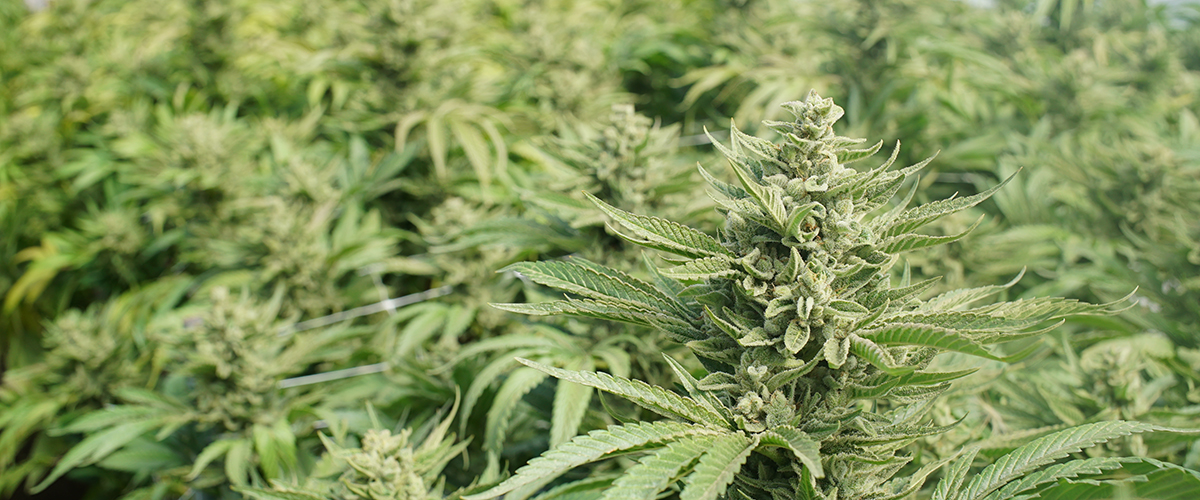The Wisconsin legislature recently passed SB 119, which, if signed into law by Gov. Scott Walker, will end the state-wide prohibition on the possession, transportation, delivery, sale, distribution, and purchase of industrial hemp.
Wisconsin is one step closer to ending state-wide prohibition of industrial hemp after the State Assembly passed Senate Bill 119 (SB 119) earlier this November. The last challenge SB 119 must now overcome to be signed into law is survival of Governor Scott Walker’s veto power.
Overview: Key Provisions of Wisconsin’s Industrial Hemp Bill
SB 119 was passed unanimously by the Wisconsin legislature and will implement an industrial hemp pilot program state-wide if enacted. The bill defines industrial hemp as “the plant Cannabis sativa with no more than 0.3 percent THC on a dry weight basis”, and provides that any cannabis testing over 1% THC will be destroyed.
Furthermore, the bill:
- Outlines license requirements
- Allows for the establishment of industrial hemp research programs
- Requires the administration of a voluntary seed certification program
The licensing authority is Wisconsin’s Department of Agriculture, Trade, and Consumer Protection, which determines the license fee schedule as well as issues all final permits, which, if granted, will allow the recipient to grow and trade industrial hemp in Wisconsin.
Potential industrial hemp licensees are subjected to rigorous background checks before being granted licensure. Applicants must disclose the exact GPS coordinates of the land where the industrial hemp will be grown or processed and also undergo a criminal history search. If the applicant has been convicted of violating any controlled substances laws, the Department is barred from issuing a license to that individual.
Pilot Programs
The Department itself, or any other higher education institution, may establish an agricultural pilot program at any point under the bill. Pilot programs are permitted to grow industrial hemp in order to study it. The Department must also, in concert with the University of Wisconsin-Madison College of Agriculture and Life Sciences, administer a voluntary industrial hemp seed certification program. Both entities are also allowed to work together to develop a certified Wisconsin heritage seed for industrial hemp.
Testing Guidelines
In a bid to protect consumer safety, the Wisconsin legislature established testing guidelines for industrial hemp in SB 119 as well. Any industrial hemp or product made from industrial hemp that is meant for human consumption must be tested by an independent laboratory in its final consumer-ready state. The bill further outlines strict test facility requirements related to accreditation and reporting in an effort to regulate the industry.

Legal Protections and Considerations for Industrial Hemp Cultivators
As mentioned, any industrial hemp crop that tests positive for more than 1% THC will be seized and destroyed by the Department of Agriculture, Trade, and Consumer Protection. However, no legal action under controlled substances law will be pursued against the cultivator as long as the THC is tested at less than 1.5% overall or state-certified seeds are used.
Exemptions to the Bill
If industrial hemp is planted, grown, cultivated and processed by a person licensed by the Department, SB 119 creates an exemption in the following instances:
- Possession
- Transport
- Delivery
- Sale
- Distribution,
- and Purchase of hemp
The exemption also applies if the industrial hemp was handled by a person in another state (or even country) – if they are in accordance with their local municipality’s hemp laws.
It’s important for those interested in obtaining licensure under this proposed new system to understand that SB 119 does not change federal law in any way. Cannabis remains illegal at the federal level due to its status as a Schedule I drug under the Controlled Substances Act. However, the 2014 federal farm bill gives state agricultural departments or higher education institutions the ability to grow hemp for research purposes if the state’s laws will allow for it.
Want to Learn More About Industrial Hemp?
Visit our education page to learn more about the various properties and uses of hemp. Hemp oil products are currently legal in all 50 states. Check out our online shop to browse different hemp products, from CBD-infused lotions to CBD oil tinctures, and discover which products are best for you.






